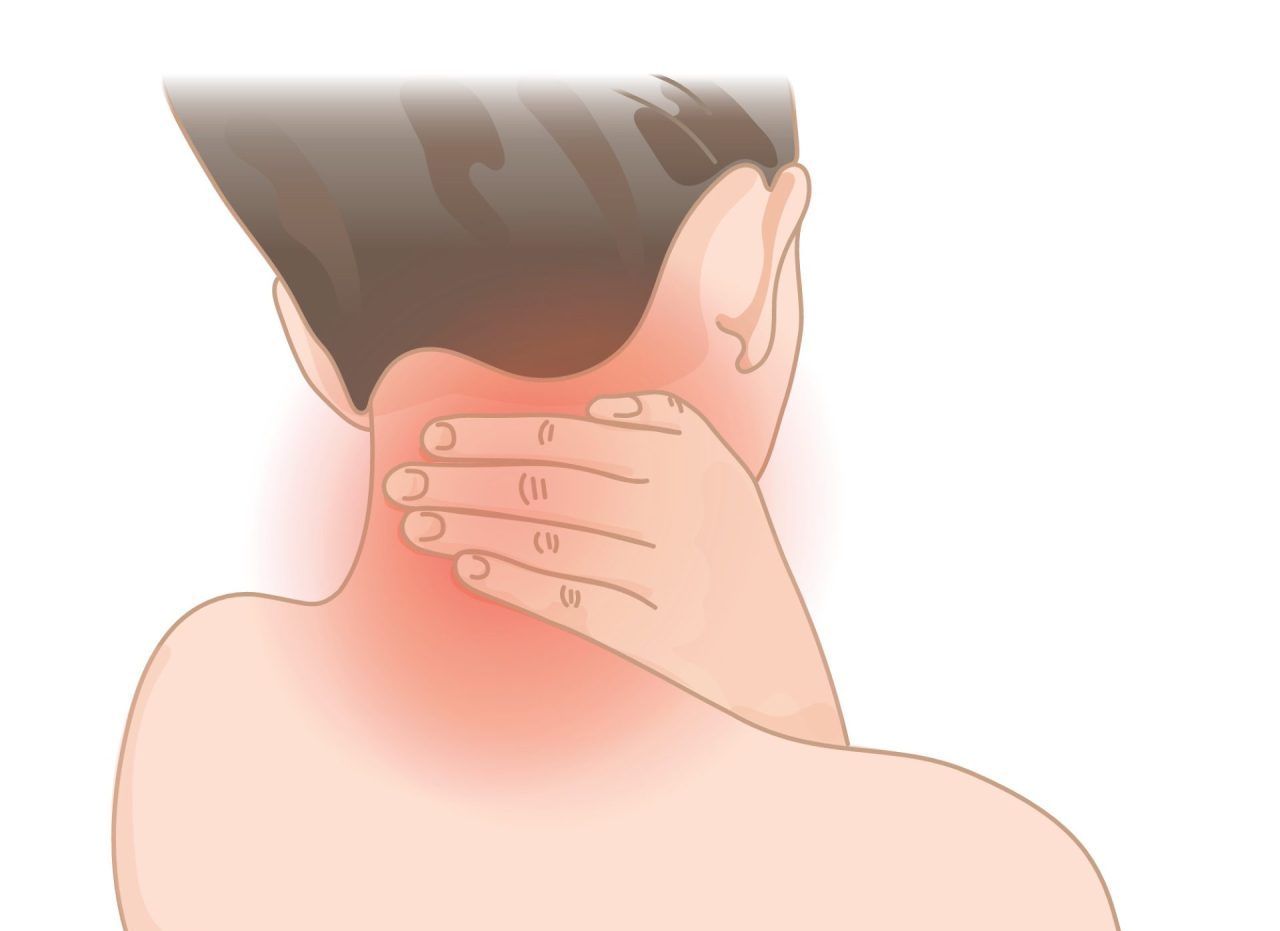Tension headaches are a common type of headache characterized by a dull, aching pain and a sensation of tightness or pressure around the head. They are often associated with muscle tension and stress. Tension headaches can be episodic (occurring occasionally) or chronic (persistent and frequent).
Managing tension headaches requires a comprehensive approach to alleviate pain, reduce muscle tension, and promote relaxation. Physiotherapy plays a crucial role in the treatment process, helping individuals reduce pain, improve posture, release muscle tension, and develop strategies to prevent future episodes.
The treatment of tension headaches typically involves the following five stages of rehab:
- Pain management: The initial focus is on managing pain and providing relief. Physiotherapists may employ various techniques such as manual therapy, soft tissue mobilization, and modalities like heat therapy or cold packs to alleviate pain. They may also recommend relaxation techniques, stress management strategies, and lifestyle modifications to minimize triggers.
- Range of motion: Although tension headaches primarily affect the head and neck, restoring normal range of motion in the neck and upper back can help alleviate muscle tension and reduce headache symptoms. Physiotherapists prescribe gentle stretching and range of motion exercises to improve flexibility and relieve muscle tightness in the neck, shoulders, and upper back.
- Motor control: This stage focuses on improving posture and body mechanics to reduce strain on the neck and upper back. Physiotherapists provide education on ergonomics, proper sitting and standing posture, and techniques to avoid prolonged static positions. They may also prescribe exercises to improve scapular stability and promote optimal movement patterns.
- Strengthening: Strengthening the muscles of the neck, upper back, and shoulders is crucial for maintaining good posture and reducing muscle imbalances that contribute to tension headaches. Range Physiotherapists will design a personalized exercise program that targets the deep neck flexors, upper back extensors, and scapular stabilizers. These exercises may include strengthening with resistance bands, dumbbells, or bodyweight exercises.
- Maintenance and prevention: The final stage focuses on maintaining the gains achieved through rehabilitation and preventing future tension headaches. Range Physiotherapists may provide guidance on stress management techniques, relaxation exercises, and strategies to prevent muscle tension. They may also educate individuals on posture awareness, ergonomics, and self-care techniques to manage symptoms in the long term.
In addition to physiotherapy, other treatment options for tension headaches may include medication to manage pain and stress, stress reduction techniques such as cognitive-behavioral therapy, and lifestyle modifications such as improving sleep patterns and managing triggers.
It is important to work closely with a qualified physiotherapist who specializes in treating tension headaches. Range Physiotherapists will assess the individual’s condition, develop a tailored treatment plan based on the stages of rehab, and monitor progress throughout the rehabilitation process. With proper treatment, exercises, and lifestyle modifications, individuals with tension headaches can experience reduced pain, improved muscle relaxation, and an overall improvement in their quality of life.
For more information regarding tension headaches please see: https://www.physio-pedia.com/Tension-type_headache?utm_source=physiopedia&utm_medium=search&utm_campaign=ongoing_internal https://www.physio-pedia.com/Tension_Headaches?utm_source=physiopedia&utm_medium=search&utm_campaign=ongoing_internal


